
Fred Wang is a student at Harvard Law School.
Echoing Marx, it was Mark Fisher who likened capitalism’s core nature to that of an “abstract parasite, an insatiable vampire and zombie-maker… [where] the living flesh it converts into dead labour is ours, and the zombies it makes are us.” For Fisher, the figure of the zombie represents today’s homo economicus—the human subject under capitalism who has been reconfigured to think of herself, principally and exhaustively, as a competitive market actor. His metaphor points to the bleakness of the general western experience under capitalism. But nowhere is Fisher’s account perhaps more appropriate than in the context of the American labor market and workplace, where disposability and alienation—a zombie’s most archetypal pathologies—are acutely pronounced.
At this point, the image of American existential ennui is surely familiar. Part of the modern cultural media landscape includes a regular churn of incisive thinkpieces on burnout, the extinction of our “work-life balance,” our exceptionally “lousy work culture,” the “miserable” religion of “workism,” and why, plainly put, “work sucks.” Altogether, they gesture to three afflictions at the heart of the American system of work: work is precarious, work is pervasive, and work is spiritually draining.
Start with the precarity of work. The logic that workers are disposable sits at the core of the American employment model. Namely, the default rule of at-will employment effectively accords employers free rein to fire their workers. Under this regime, an employee may generally be terminated—and have their livelihood stripped from them—for good reasons, bad reasons, or no reasons at all. The past year alone is replete with examples of workers being dismissed for publicly criticizing unsafe working conditions, taking calls with clients while feeding their young children, or simply not smiling enough. Indeed, according to a 2010 survey, nearly a quarter of American adults have been fired or threatened with job loss for taking time off due to personal or family illness.
But as much as work is precarious, it is also pervasive and exhausting. The boundaries between work and life, if not already completely eroded, are quickly collapsing—a process of decay that has only accelerated with the pandemic. In 2019, Americans clocked in a collective 278 billion hours of work, at a per capita rate that outpaces most of our European peers. A third of Americans work at least 45 hours per week. For nearly 10 million Americans, that figure approaches 60 hours. And for more than a quarter of Americans, some of that work takes place during the wee hours between 10 p.m. and 6 a.m. The result is a workforce wracked by a whole host of health problems: stress, depression, impaired memory, and heart disease, just to name a few.
Our institutions have done remarkably little to contain work’s sprawl. According to a recent report by the People’s Policy Project, the United States is “virtually alone among all nations in providing no paid leave policy at the national level.” The handful of U.S. states that offer sick leave mostly offer “pathetically meager” benefits. For instance, Norway’s base period for paid sick leave is an entire year; California’s is three days. And “unlike every other wealthy nation,” outside of federal holidays, the U.S. offers “no statutory [vacation days] whatsoever.”
Moreover, work is commandeering not only our time, but also our sense of purpose and identity. After all, the internalized corporate line is that work is not merely something that we perform, but something that sustains our very essence. We’re told that to work is to “do what we love,” that our work is our “family,” and that a condition of our employment is our loyalty. Everyone loves “team players.” And team players don’t complain about long hours or low pay or management dysfunction or workplace harassment. They don’t stage walkouts, they don’t go on strike, and they certainly don’t join unions.
Of course, most are not truly forced to work, in the strictest sense of the word. But the system lacks meaningful exit options for people who would prefer not to. Our country provides no guaranteed income to ensure that all of its constituents can enjoy at least a minimally decent standard of living. And for those who would like to work, but cannot find it, the current patchwork of unemployment insurance programs in the United States is a policy nightmare: the administrative costs are too high, the eligibility rates too low, and the benefit levels too insubstantial to adequately fill the earnings void faced by unemployed workers. The rest of the American social safety net—built to incentivize people to work and to penalize those who don’t—is not much different. In fact, the nation’s largest poverty alleviation programs, by design, attach work requirements to the receipt of federal benefits, to the cruel detriment of the country’s most economically vulnerable. As our institutions and laws have made clear, our flesh is worth less than the dead labor we produce.
It doesn’t have to be this way—no matter how much we are told otherwise. We can build a better world, one in which we are free to extricate who we are from the job we have. But that requires transforming the economic system that got us here. If we want to rebalance the employer-employee relationship in favor of more worker power and freedom, a just-cause law is a necessary start. If we want to cabin the metastatic reach of work, we need, at a minimum, legally mandated vacation time, robust national paid and sick leave programs, as well as a much more streamlined and generous system of unemployment benefits. And if we want to channel our manufactured love for our work into genuine love for our fellow workers, we need a system of labor law that enables workers to organize without employer interference and makes the exercise of collective action rights—especially the power to withhold our labor—strategically effective and financially sustainable.
Perhaps the most telling marker that we are in a state of crisis is that those responsible have become self-aware. More and more employers are now offering an expanded buffet of mental health services designed to ease worker stress and anxiety. But neither mindfulness nor yoga will save us; only we, collectively, can save ourselves. Here’s Fisher again:
It is necessary to reframe the growing problem of stress (and distress) in capitalist societies. Instead of treating it as incumbent on individuals to resolve their own psychological distress… we need to ask: how has it become acceptable that so many people, and especially so many young people, are ill?
This is, in other words, a generational struggle that we share and a structural problem that we must account for.
The deep inequality, economic pillage, and psychological peril that mark contemporary America augur an ongoing struggle for this nation’s soul. And it’s become increasingly stark that what’s fundamentally at stake—beyond the dire exigencies of mass economic insecurity, physical exhaustion, and emotional fatigue—is our very conception of what it means to live a meaningful life and to be treated with dignity, of what it means to be human.
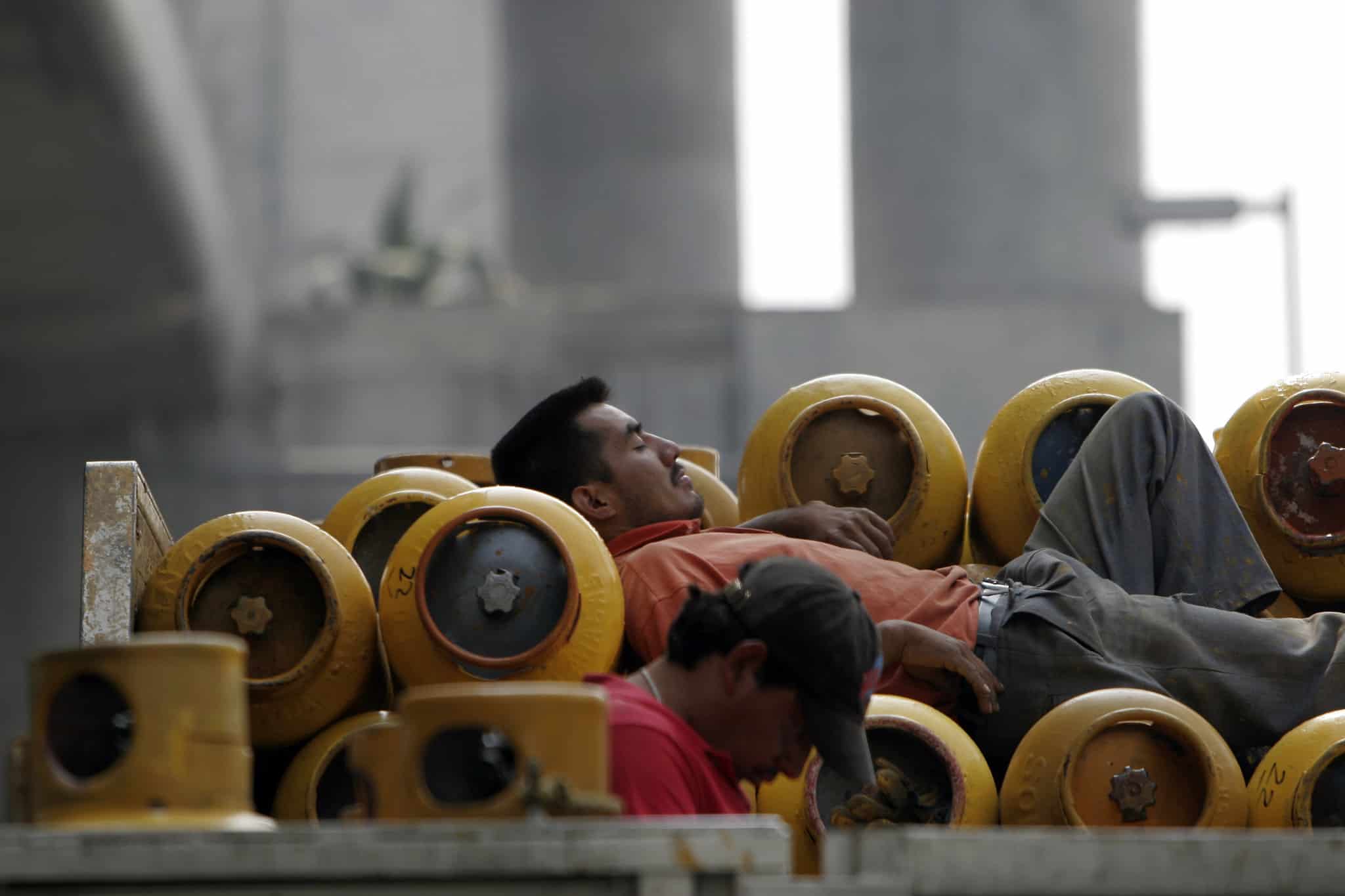
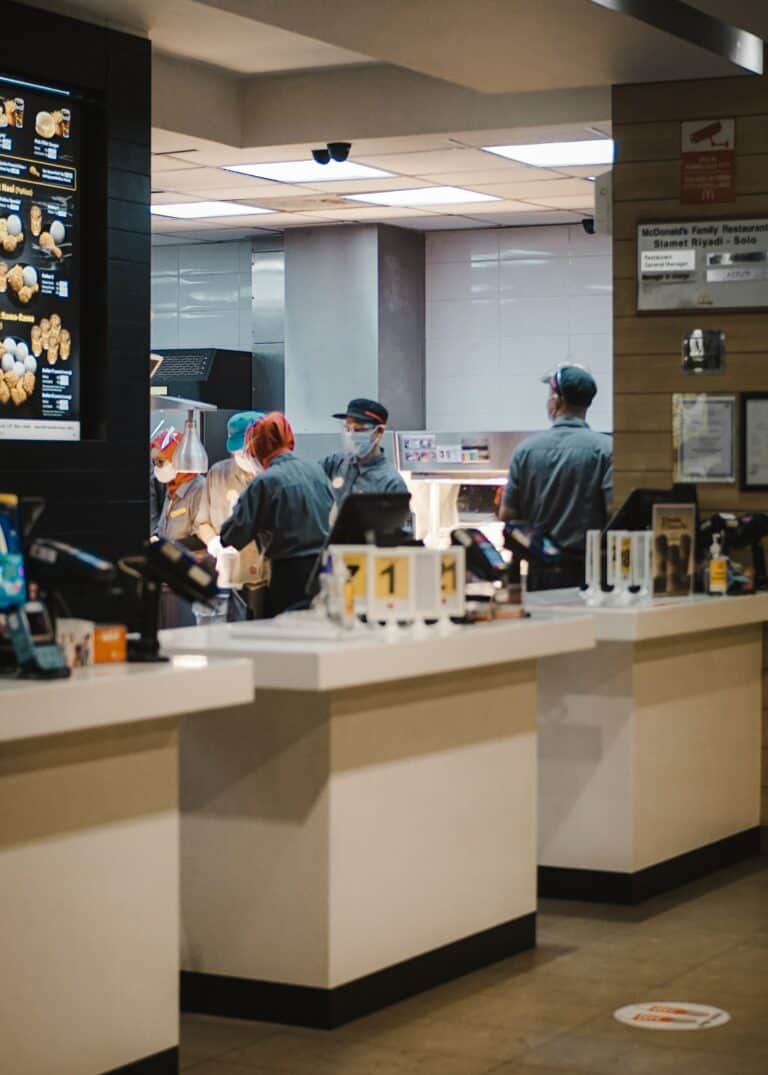
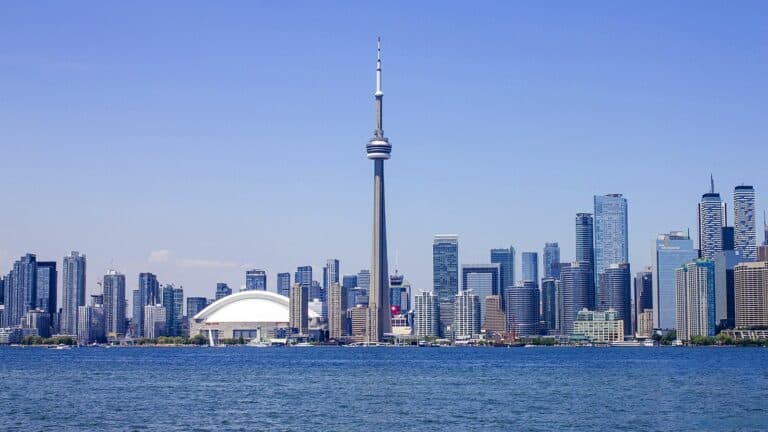
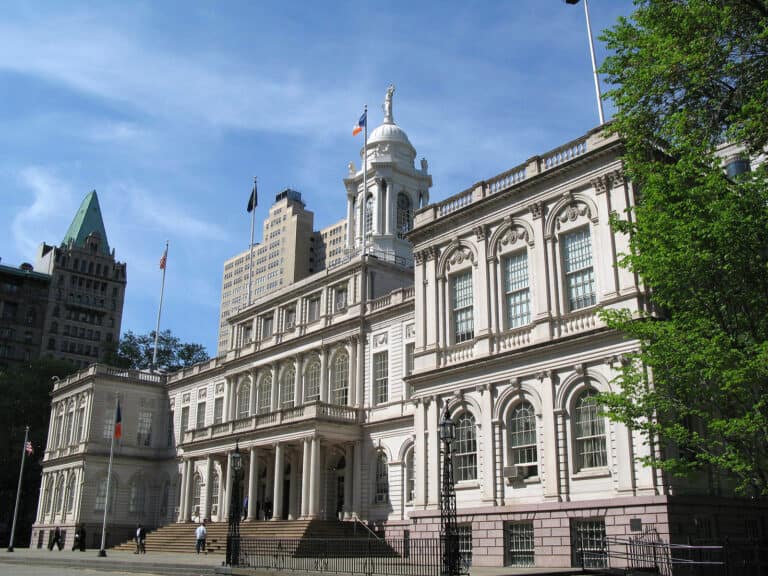
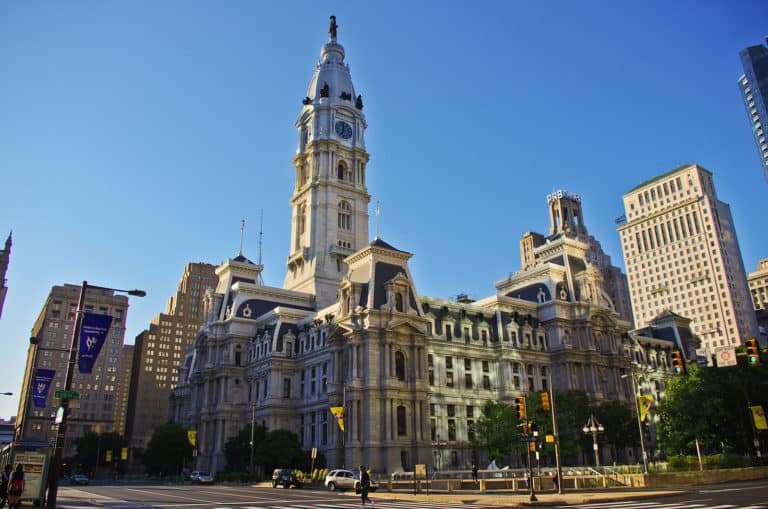





Daily News & Commentary
Start your day with our roundup of the latest labor developments. See all
February 25
OSHA workplace inspections significantly drop in 2025; the Court denies a petition for certiorari to review a Minnesota law banning mandatory anti-union meetings at work; and the Court declines two petitions to determine whether Air Force service members should receive backpay as a result of religious challenges to the now-revoked COVID-19 vaccine mandate.
February 24
In today’s news and commentary, the NLRB uses the Obama-era Browning-Ferris standard, a fired National Park ranger sues the Department of Interior and the National Park Service, the NLRB closes out Amazon’s labor dispute on Staten Island, and OIRA signals changes to the Biden-era independent contractor rule. The NLRB ruled that Browning-Ferris Industries jointly employed […]
February 23
In today’s news and commentary, the Trump administration proposes a rule limiting employment authorization for asylum seekers and Matt Bruenig introduces a new LLM tool analyzing employer rules under Stericycle. Law360 reports that the Trump administration proposed a rule on Friday that would change the employment authorization process for asylum seekers. Under the proposed rule, […]
February 22
A petition for certiorari in Bivens v. Zep, New York nurses end their historic six-week-strike, and Professor Block argues for just cause protections in New York City.
February 20
An analysis of the Board's decisions since regaining a quorum; 5th Circuit dissent criticizes Wright Line, Thryv.
February 19
Union membership increases slightly; Washington farmworker bill fails to make it out of committee; and unions in Argentina are on strike protesting President Milei’s labor reform bill.